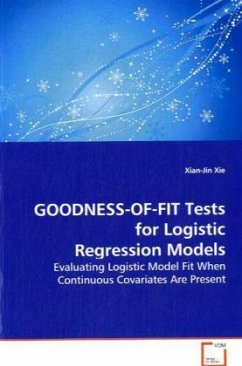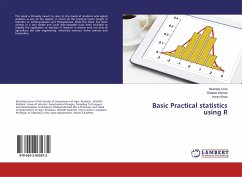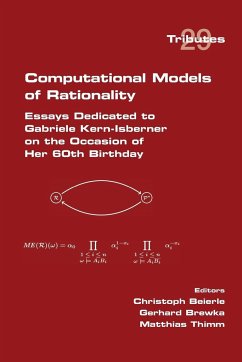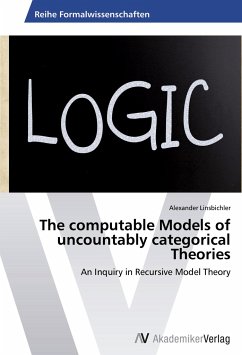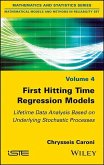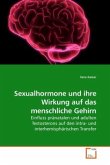When continuous predictors are present, classical
Pearson and deviance goodness-of-fit tests to assess
logistic model fit break down. We propose a new
method for goodness-of-fit testing which uses a very
general partitioning strategy (clustering) in the
covariate space and is based on either a Pearson
statistic or a score statistic. Properties of the
proposed statistics are discussed. Simulation
studies on many commonly encountered model scenarios
are presented to compare the proposed tests to the
existing tests. Applications of these different
methods on a real clinical trial study are also
performed to demonstrate the usefulness of the new
method in practice and certain advantages over the
widely used Hosmer-Lemeshow test. Discussions on
extending this new method to other data situations,
such as ordinal response regression models and
marginal models for correlated binary data are also
included. This method can also be extended to models
for multinomial outcomes where generalized logit
models are often used.
Pearson and deviance goodness-of-fit tests to assess
logistic model fit break down. We propose a new
method for goodness-of-fit testing which uses a very
general partitioning strategy (clustering) in the
covariate space and is based on either a Pearson
statistic or a score statistic. Properties of the
proposed statistics are discussed. Simulation
studies on many commonly encountered model scenarios
are presented to compare the proposed tests to the
existing tests. Applications of these different
methods on a real clinical trial study are also
performed to demonstrate the usefulness of the new
method in practice and certain advantages over the
widely used Hosmer-Lemeshow test. Discussions on
extending this new method to other data situations,
such as ordinal response regression models and
marginal models for correlated binary data are also
included. This method can also be extended to models
for multinomial outcomes where generalized logit
models are often used.

